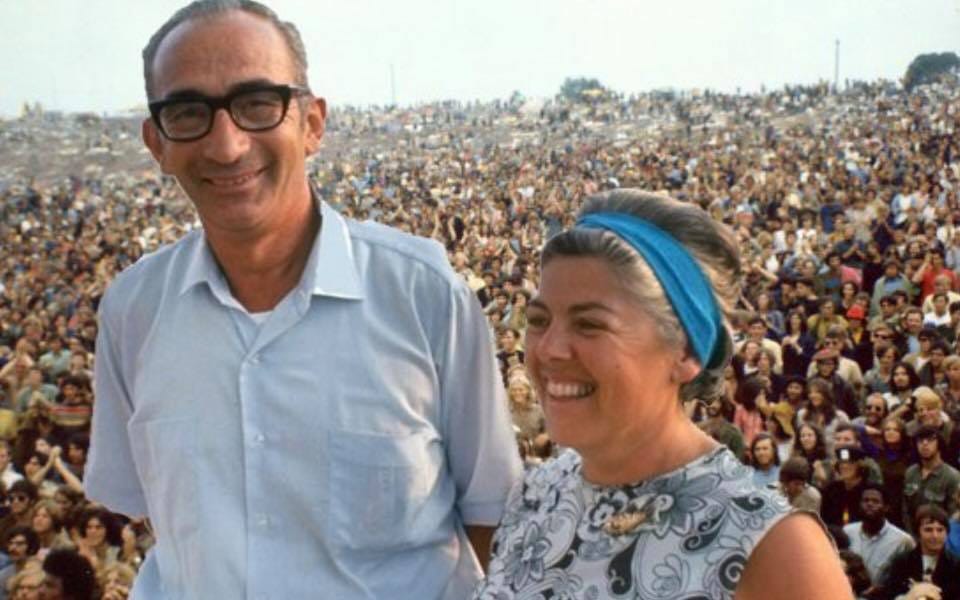Max Yasgur
Max Yasgur's farm became a pivotal symbol of the hippie movement, largely due to its role as the site for the Woodstock Music and Art Fair in 1969.
Yasgur, a dairy farmer in Bethel, New York, was somewhat of an unlikely hero for the counterculture movement. Here's a detailed look at his history and relationship with the hippies during this era.
Early Life and Career
Max Yasgur was born on December 15, 1919, in New York City. He grew up in a farming family and pursued agriculture as his vocation. By the 1960s, Yasgur owned a large dairy farm in Sullivan County, New York, which was among the largest milk producers in the area. Despite being a conservative Republican, Yasgur's values and actions during a pivotal moment in American history painted him as a figure of peace and unity.
The Woodstock Festival
In 1969, Yasgur leased his 600-acre farm for the Woodstock festival after the original venue in Wallkill, New York, was no longer available due to local opposition. The organizers of Woodstock were in desperate need of a venue to host the festival, which was expected to attract a large number of attendees. Yasgur agreed to rent his land for $50,000, a decision that would forever place him in the annals of music history and the hippie movement.
Relationship with the Hippies
Yasgur's decision to host Woodstock on his farm was met with fierce opposition from many local residents and fellow farmers, who were wary of the influx of hippies and what they represented. However, Yasgur stood firm, believing in the importance of freedom of expression and the right for people to gather peacefully. His farm welcomed nearly 400,000 attendees from August 15 to 18, 1969, in what became a legendary event promoting peace, love, and music.
Legacy
Max Yasgur's relationship with the hippie movement was complex. On one hand, he was a traditional farmer with conservative values. On the other, he became a hero to many within the movement for his openness, tolerance, and willingness to support their cause. Despite the massive cleanup and financial disputes that followed the festival, Yasgur remained a symbol of a bridge between generations and ideologies.
He famously addressed the crowd during the festival, expressing his awe at the peaceful gathering and the respect attendees showed for his property. This speech solidified his place as a figure of unity in a time of considerable social and political turmoil.
Yasgur passed away on February 9, 1973. He left behind a legacy that transcends his work as a farmer. He is remembered as an emblematic figure who played a crucial role in one of the most significant cultural events of the 20th century. Today, the site of the Woodstock festival on Yasgur's former farm is celebrated as a monument to peace, love, and music, embodying the spirit of the 1960s hippie movement.
